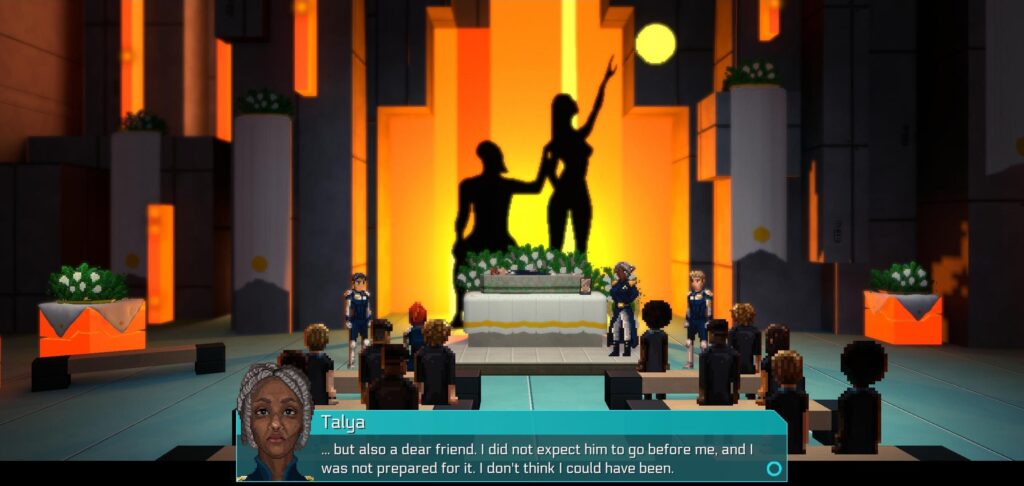
PC
A science fiction adventure of such intricacy and complexity, from a development team that already proved itself with the highly-rated Lacuna, and a well-known indie publisher, should surely be enough for gaming sites to take a look. But if they are, it hasn’t happened yet, and hopefully the forthcoming effusive praise will spur them on. Between Horizons is an engrossing chunk of investigative sci-fi, in a game that approaches the point-and-click genre in a fresh and engrossing way.
It’s the annual holiday Arrival Day on board the Zephyr, an enormous spaceship 30 years into a 130-year journey to reach a potential new home for humanity. Stella is 24 years old, and has only ever known life on board the ship, destined to follow in her father’s footsteps to become the next Chief of Security. However, after investigating a break-in of the Zephyr’s server rooms, a mysterious accident sees her father killed, promoting Stella to the position far sooner than she wanted. And the more she digs into the break-in, the deeper a conspiracy she discovers.
Between Horizons is all about Stella’s ongoing investigations, with a bundle of overlapping cases to solve, as she gathers abundant evidence, speaks to the very many other people living on board the ship, and deduces those responsible for a litany of wrongdoings. Or, and you’ll perhaps not fall backward off your chair at the thought of such a twist, are they actually wrongdoings?
What immediately stands out as unique here is the lack of a save button. While the game regularly saves progress, it’s never possible to reload a previous point in your game, and as such every decision you make is permanent, with consequences that extend throughout the rest of the game. Finger the wrong suspect, and that case might go permanently unsolved, with the true perpetrator able to act later in the story. Choose not to engage with a specific committee, and their decisions might come to haunt (or help) you later. Piss off your pet too much and it might never come back to your cabin.
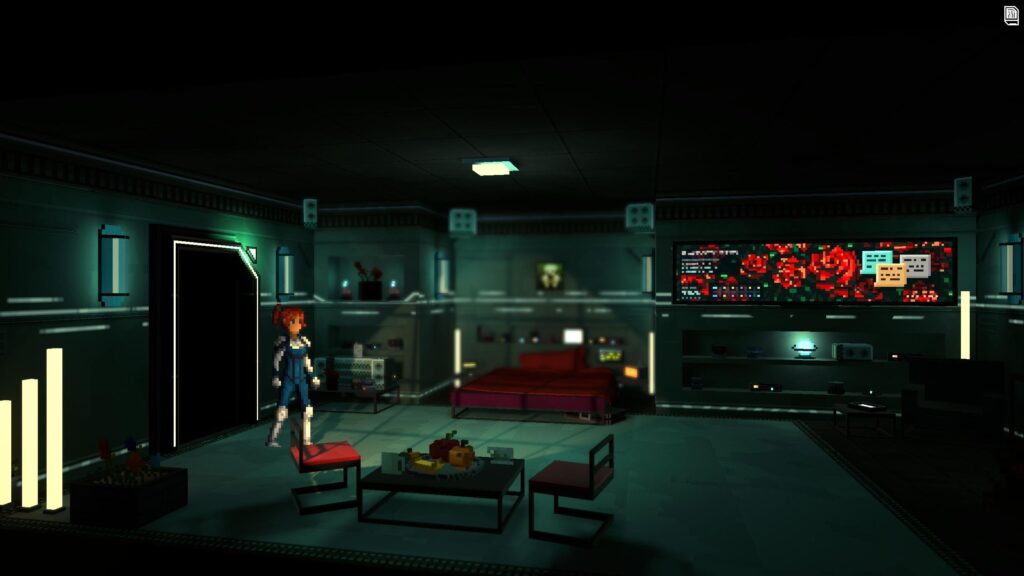
The result of this is a game in which it feels like it matters a hell of a lot more that you do a thorough job when investigating a situation. It also, if you’re me, makes you start to freak out at the idea that a mistake cannot be undone, and in a panic start reading Steam threads to see what other people thought. Don’t do that. Don’t be me. What I can assure you is that the game cannot be ruined via wrong decisions, and potentially only gets more interesting. (It’s also possible to cheese your savegames if you feel so inclined, which aside from making myself back-ups to come back to later for review purposes, I’m pleased to say I didn’t abuse.)
The other peculiarity of Between Horizons is that it’s not a point-and-click adventure by most standards. In fact, it is far more comfortably played on a controller, given you move about the game’s 2D open “world” more like a platform game (albeit without jumping). There’s no inventory to speak of, and dialogue choices – while often utterly pivotal – are less common than unfurling scripted conversations. The main means of interaction here, beyond running around, is your enormous collection of evidence, any item of which can be presented to any character. And sure, you’ll most often get a shrug given how little interest the lady who works in the art rooms is going to have in a broken PDA you might have found, but it’s by this means that you uncover all the juiciest information.
I say it’s 2D, but actually the presentation is a gorgeous combination of 2D pixel characters, living in a 3D-ish voxel world, and the combination works really splendidly. This is a huge leap forward in terms of art after Lacuna‘s chunkier, more primitive presentation, and a unique design that really works.
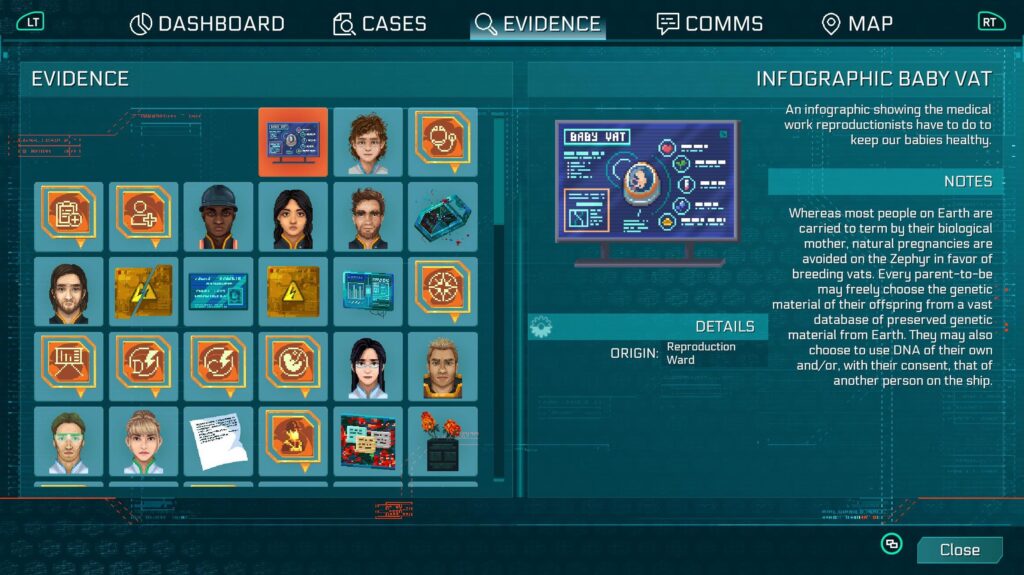
But we inevitably get to what doesn’t work. There are issues, beyond the handful of glaring typos that really should have been caught. Most significantly, moving around the ship can be a real pain in the arse. Stella jogs along nicely enough, but when it comes to going up and down stairs, it’s infuriating. Then there’s just how big the ship is, and how much back and forth is involved. There is a form of fast-travel, but it’s pretty ghastly – you can use the game’s map to choose to “fast-travel” to any specific location, but it’ll actually take you to the nearest of only four transit stations, some of which can end up being farther away than where you started. Worse, all the fast-travel points are on deck 0, meaning you’ll always have to negotiate the bloody stairs, or the painfully slow lifts.
Moving around the ship feels important at first, because it gives you a sense of scale and place that would otherwise be absent, while also having you stumble upon people and locations as you go. But at a certain point, I’ve done that, and I just want to be in the Captain’s office now, not in three minutes after I’ve run two screens to the left, gone up the lift, and then run a screen to the right, then gone through the door, and another two screens left. For crying out loud. I mean, I coped, but damn I wish I could just zip straight to places I’ve already been.
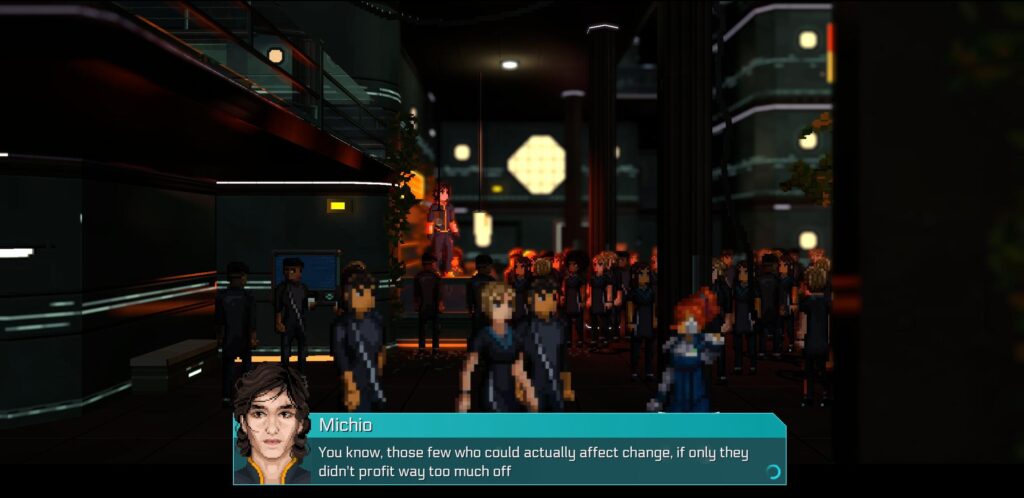
The other problem is more complicated, because it might be a problem with every other game than this one. The solutions to the game’s cases are not straightforward, and often you’ll find your suspect through a process of elimination, rather than a smoking gun. And games have taught us over the many years that if the culprit isn’t clear, then we’ve missed something important. But a process of elimination is a perfectly reasonable method of finding the guilty party, especially if there are only four possible suspects, and you’ve alibied out three of them.
It’s really hard to shake the notion that you need means, opportunity and motive to make a choice, even when just two of them gives you all the logic you need to make an arrest. A lack of perceivable motive makes a fair few of the game’s decisions feel strangely opaque, and in one case still unresolved after the credits roll. But… that’s OK? You know who to accuse, even if you don’t understand why they did it. And never finding out why is just how it goes sometimes. Were that the case for the majority of the cases, then it’d suck as a story, but that’s not the case, and where it counts, the game offers – if anything – too much expository explanation.
There are far too few investigative games, and almost none where the solutions aren’t made inevitable by the process. For that, I found Between Horizons refreshing, if somewhat unsettling. But more importantly, this is a hefty, involving, and characterful game, with a novel setting, deep mystery, and a whole heap of interesting characters. And, unlike so many that boast of multiple endings, here the results can be light-years apart. The core beats of the story play out the same, but the results of your actions mightily effect the experience, and can dramatically alter how it concludes.
This is a snip at under £15, and a fantastically interesting and involving game. Let’s hope the rest of the press catches up soon.
- DigiTales Interactive / Assemble Entertainment
- Steam, GOG
- £13 / $16
- Official Site
All Buried Treasure articles are funded by Patreon backers. If you want to see more reviews of great indie games, please consider backing this project.
81



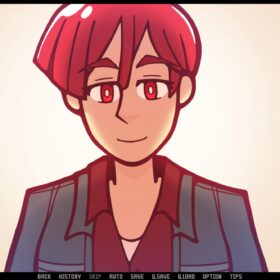

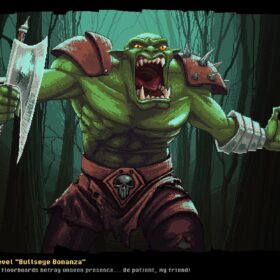
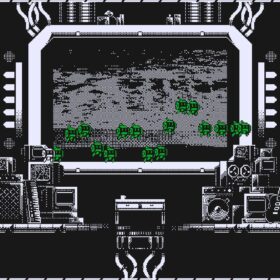
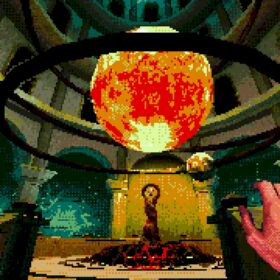

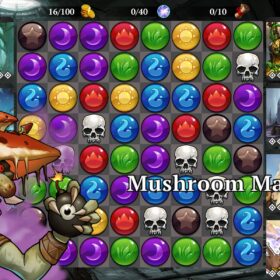
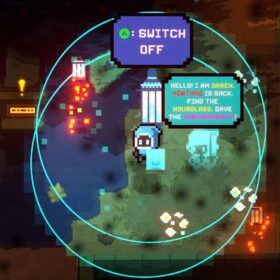


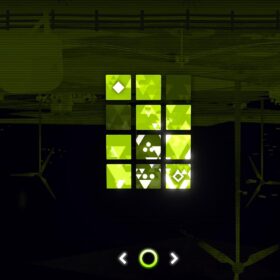
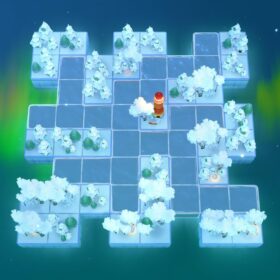
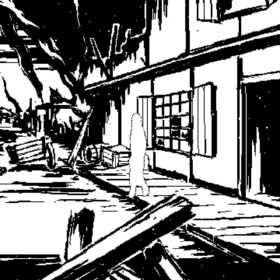

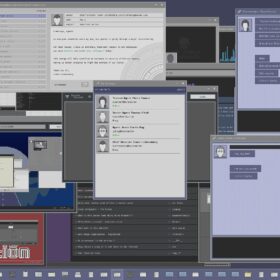

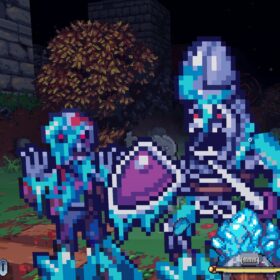
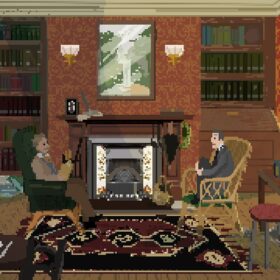
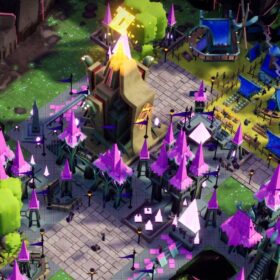
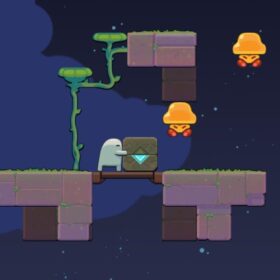
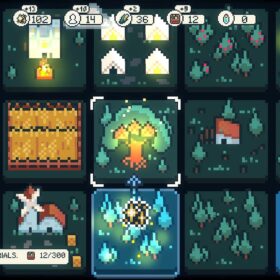

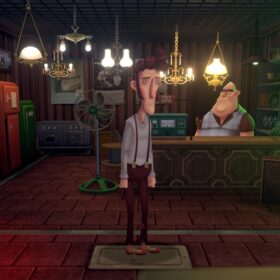
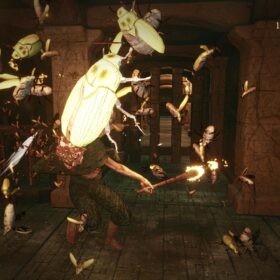

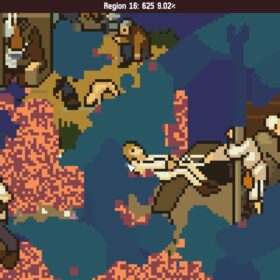
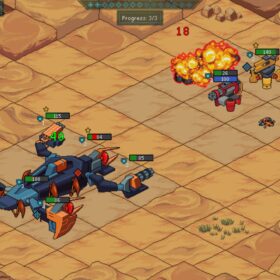

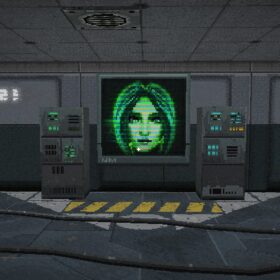
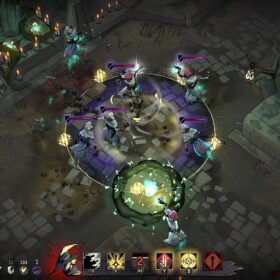
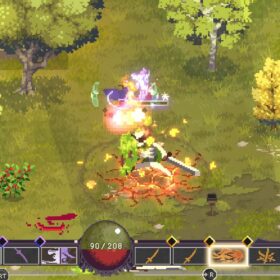
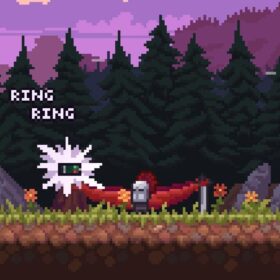
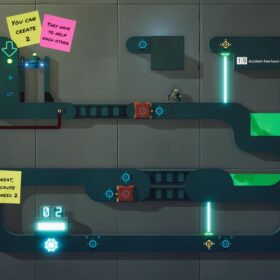
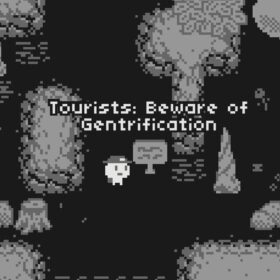

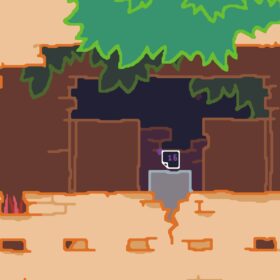
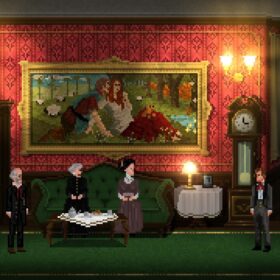

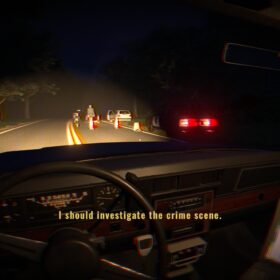
“it’s not a point-and-click adventure by most standards. In fact, it is far more comfortably played on a controller, given you move about the game’s 2D open “world” more like a platform game”
I think of games like that as “Night in the Woods-likes” — though I’m not totally sure whether that was a defining game for the genre, or just the first game like it I’d seen.
Regarding games that cut the player free to investigate things and later to live with the consequences of their actions — did you ever play Roadwarden? It has gained enough visibility and success that it probably can’t qualify as a Buried Treasure, but it still feels like the kind of really excellent indie project emblazoned with the character of its solo dev that you might want to treat yourself with anyway.
Another fantastic recommendation, really enjoyed this one and hope its gets more traction. Engrossing story and characters and the ‘no undos’ save system is quite novel, making me want to see just what’s possible if you get everything wrong.
Can’t say I found the running around as tedious as you make it out given it usually annoys the heck out of me.
Now I’ve got to go back and check out Lacuna!